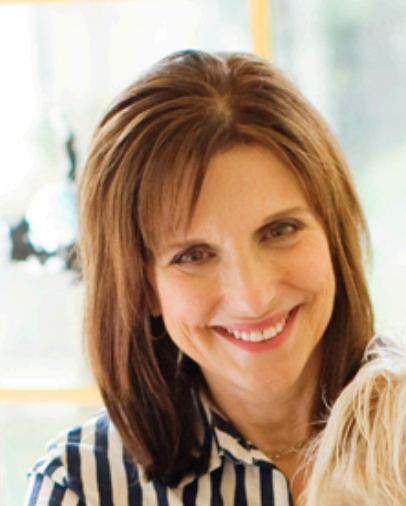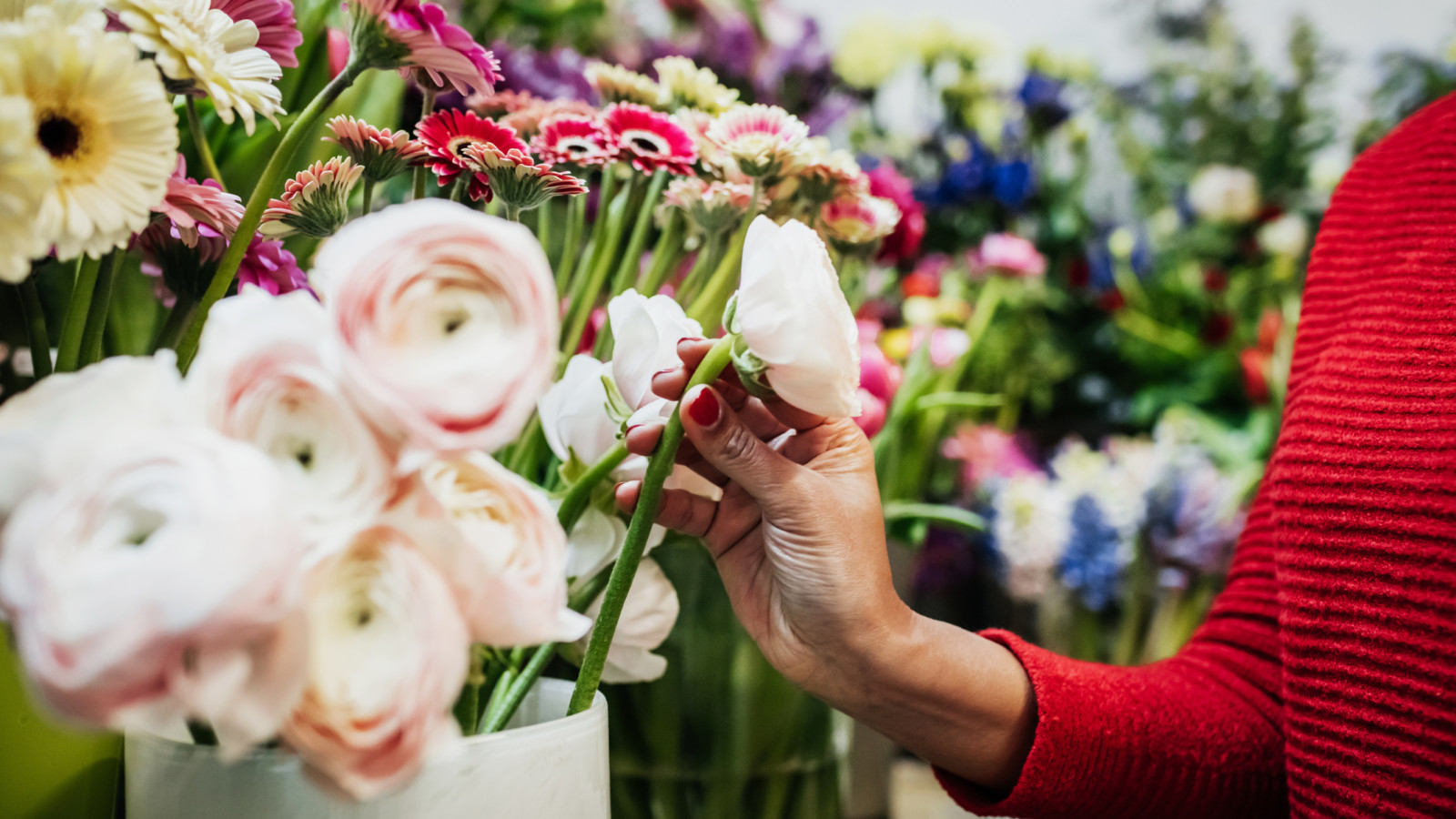Caring for a family member with a serious health condition, can be particularly stressful as I discovered when my husband, Stephen, was diagnosed with a brainstem tumor in March 2018. At first we were hopeful that he would recover, but he became increasingly disabled. Stephen, who had been a strong, dynamic man, was intellectually unimpaired, but he couldn’t talk or walk or move his arms at all. He had a feeding tube and was hooked up to oxygen. I looked after him with the help of our older daughter, Chace — along with a caregiver. Chace managed to lift Steohen into the wheelchair so he could sit outside and enjoy our garden — and she would read to him every day. (Our younger daughter Ava-Rose helped out too when she was home from college.)
It was often overwhelming: Chace and I both worked full-time and during the pandemic, we weren’t seeing friends. I would wake up each morning and feel heartbroken, glancing over at Stephen lying in the hospital bed, flashing back to our life before his diagnosis. I wanted to roll over and go back to sleep — but I’d get up and get on with the day.
On October 8th 2021, Stephen died at home in Santa Monica. It was a devastating loss for our family and months later, the grief is intense every single day. But during those years of caregiving, I learrned how important it was to find joy and purpose in the midst of deep sorrow. And the same is true now that I’m navigating life without the love of my life.
To help me find joy and stay strong, I learned that prioritizing self-care is crucial and I experimented with a variety of simple techniques. Here are five tips that I’ve found work well for caregivers (or anyone, for that matter). And I’ve found that these techniques are also helpful to deal with grief.
Treat yourself to something that brings you joy
Little daily luxuries deliver big well-being boosts: By seeking out tiny moments of happiness, you’ll build up strength, resilience, and fight off caregiver burnout. I like to soak in a hot bath with essential oils, watch a comedy or home design show, and chat with friends. Occasionally, I’ll treat myself to a croissant and cappuccino from a favorite bakery, or buy a bunch of tulips. Do whatever sparks joy for you.
Set aside a few minutes each day to meditate
Thrive’s founder and CEO Arianna Huffington describes meditation as ”a miracle drug,” and I find taking time to go inwards helps me stay calm. “Sitting and meditating, listening to what is going on inside even for a short time is very helpful for stress management,” Dr. Shanthi Gowrinathan, M.D., director of psycho-oncology at Providence Saint John’s Health Center, tells Thrive. I love meditation teacher Paul Kaye’s deeply relaxing sound baths, as well as the “A Moment for Yourself” daily meditations in this app.
Take breaks and get your body moving
Caregivers face tremendous pressures in our current reality, as Covid continues, and their stress is compounded because their loved ones may be particularly vulnerable. To cope with the pressures, Dr. Gowrinathan says it’s important to take regular breaks from caregiving, no matter how short in duration. “You’re in the house together, and that dynamic makes it a pressure cooker,” she says, noting that you can’t support your loved ones if you’ve reached your boiling point. She recommends taking a walk outside for a few minutes, where “you might happen to notice there are flowers blooming and birds singing.” Exercise in general is a great way to take your break — it lowers levels of the stress hormone cortisol.
Dedicate time to a hobby that brings you joy
When so much of your time is dedicated to caring for someone else, doing something you love that’s strictly for yourself can reduce stress and provide a healthy distraction from routine responsibilities.I love to cook for example. I also keep a journal, noting what’s happened during the day, how I’m feeling, and any moments of joy I experienced. I write about what I’m grateful for: my family, my job as a writer at Thrive, our oncology team, and for the 30 happy years I spent with Stephen. I also write little healing prayers for my family, and positive affirmations for myself, like: “I am strong; I am doing brilliantly!” The best way to start journaling if you’re new to it:: Write whatever comes into your head without censoring yourself. Even a few minutes of journaling is therapeutic.
Sleep well
Getting quality sleep is foundational for well-being no matter what you’ve got on your plate — but it’s particularly crucial for caregivers. To take care of Stephen, I knew I needed to recharge and prioritize rest. By listening to calming music, turning off my digital devices an hour before bedtime, and reading a book, I usually got (and still get) seven to eight hours of restful zzz’s a night.
There’s nothing easy about caregiving or grieving, but in my own experience, following some of these simple suggestions can make life a lot more fulfilling.


